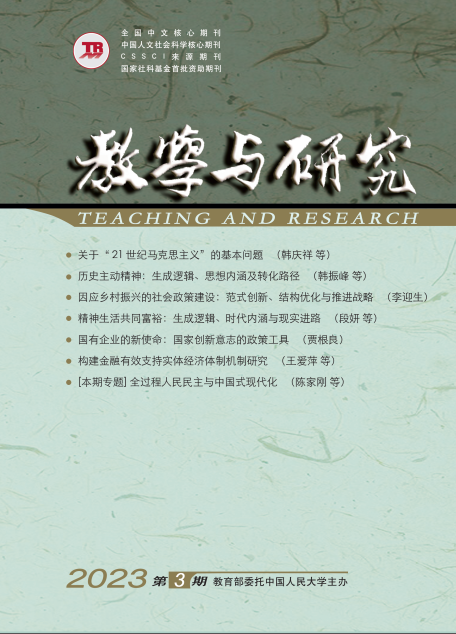]In recent years, national cultural parks such as the Great Wall, the Grand Canal, the Long March, the Yellow River, and the Yangtze River have been successively put into construction, which are not only a major project to continue to nourish the Chinese civilization and to promote the prosperity and development of advanced socialist culture, but also “a great ideological and political theory course” that should be “made good use of” to strengthen and improve ideological and political education. The national cultural parks expand the spatial narrative of ideological and political education in the dimensions of public communication space, spiritual and cultural space, and historical memory space, enrich the carrier of ideological and political education with metaphors such as “talking” titles and symbols, and build a place for practicing ideological and political work by providing concrete cognition and experience. To strengthen and improve ideological and political education in the new era, the functions of civilized people, implicit education, and situational experience can be performed to inherit and carry forward the character of hard work and wisdom and the patriotism spirit of the Chinese nation, the revolutionary spirit of the Chinese Communists, and the concept of a community of life for man and nature.



